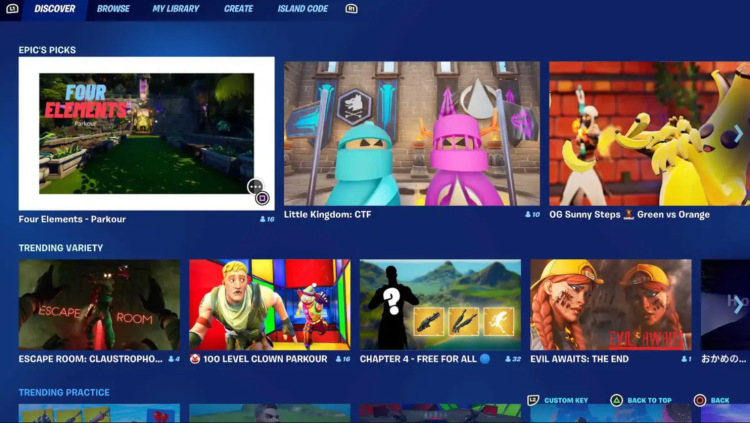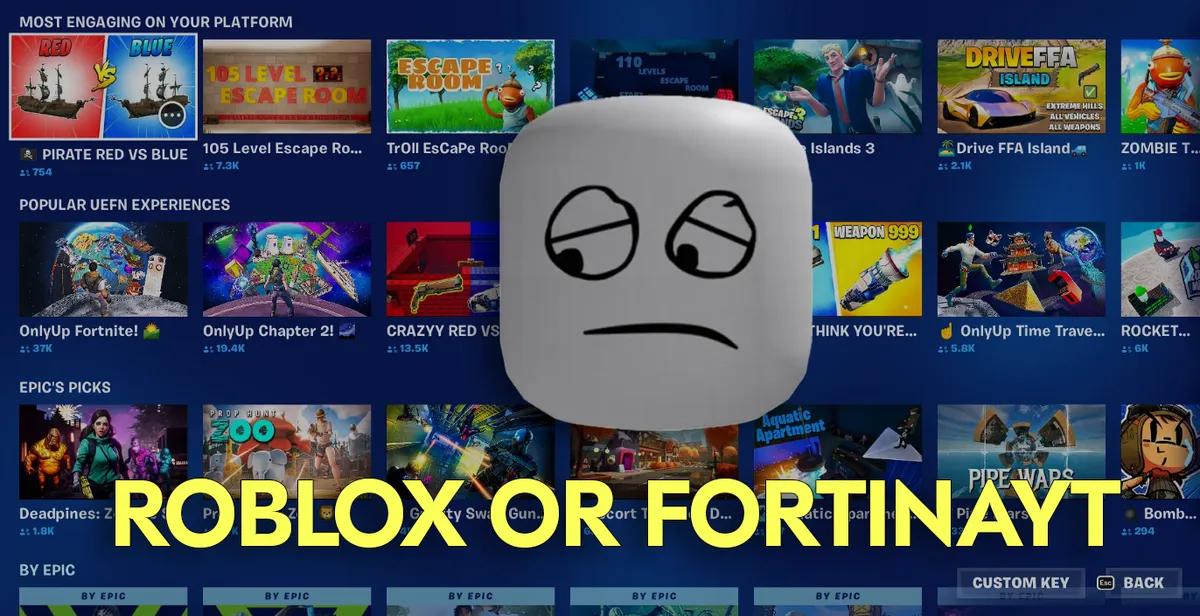Epic Games Challenges Roblox with User-Generated Content Push
Epic Games, the renowned publisher behind Fortnite, is making strides in the competitive arena of user-generated content, aiming to rival industry leader Roblox. Two years after launching its Unreal Editor for Fortnite (UEFN) tools, the company has shared updates on its progress, showcasing both its achievements and the challenges ahead.
The initiative allows creators to design their games within the Fortnite ecosystem, rewarding them with a share of in-game sales. As Bloomberg reports, Epic revealed that, in 2024, consumers spent over 5.2 billion hours playing user-generated Fortnite games – more than a third of the platform’s total playtime. Creators collectively earned $352 million, with seven top developers surpassing $10 million each. Popular titles like Havoc Hotel 2 and Lumberjack Heroes have emerged as standout successes.
Despite these impressive figures, Epic's efforts are still overshadowed by Roblox. In 2023, Roblox paid $741 million to its creators, nearly double Epic’s payouts in 2024. Roblox’s platform has cemented itself as the leader in user-generated content, enabling creators to craft everything from quirky games to immersive social experiences. In contrast, Fortnite's creator ecosystem faces hurdles in attracting the same level of engagement and innovation.
According to Saxs Persson, Epic's executive vice president, the company is aware of these challenges. Developers often struggle with limited creative freedom due to UEFN’s constraints. For example, developers cannot create entirely new gameplay mechanics or unique tools, forcing them to rely on Fortnite's existing assets. As independent game developer Michael Ha, known as “Birdo,” remarked, “Fortnite players come to play Fortnite. They’re not necessarily there to explore the whole ecosystem Epic is making.”

Data from Fortnite.gg underscores this point: seven of the top 10 most popular games on the platform are Epic’s own creations, while the top five user-generated games attract less than 4% of the audience of Epic's titles. Additionally, the percentage of players engaging with both Epic-created and user-generated content has stagnated at 70% since 2023.
This uphill battle is compounded by competition with Epic’s in-house content, which continues to dominate player attention. Analysts also highlight the "cold-start problem," where creators hesitate to develop new games for a limited audience, while players are less inclined to explore less established offerings.
However, Epic remains committed to evolving its ecosystem. Persson acknowledged the platform’s developmental gaps but emphasized that the company is working to address them, with new features on the horizon. This ambition aligns with Epic’s broader goal of transitioning from a game publisher to an ecosystem-driven company. “We want our fans to push us out of the way,” Persson said, envisioning a future where creators generate the majority of the platform’s energy.
The transition hasn’t come without sacrifices. In late 2023, Epic laid off nearly 16% of its staff as part of its structural shift toward prioritizing user-generated content. Tim Sweeney, Epic’s founder and CEO, described the move as a necessary adjustment to achieve long-term success.
As Epic continues to invest in creator tools and incentives, its vision of becoming a thriving ecosystem remains bold yet challenging. While Roblox holds the upper hand for now, Epic’s commitment to innovation and creator empowerment might yet tip the scales in its favor.

Comments